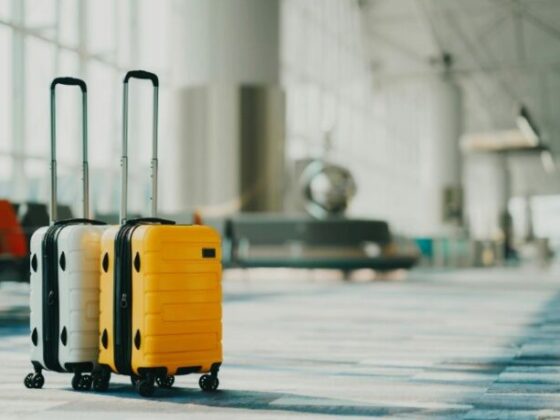
WASHINGTON, D.C. – The H2B Workforce Coalition, an effort aimed at protecting American workers through a stable and reliable seasonal workforce, today released a comprehensive economic analysis that explores the impacts and realities of the H-2B Visa Program. Completed by Edgeworth Economics, the study finds that the H-2B program has not had a detrimental effect on jobs and the salaries of U.S. workers – it has increased wages and supported the labor force.
Traditionally, the H-2B program has allowed businesses to hire foreign national guest workers for seasonal jobs when they are unable to identify and hire domestic workers for these positions. Through this new study, the program has found no evidence of the increase of H-2B Visas and a negative impact on the U.S. workforce’s employment and wages. In fact, the study notes each H-2B worker actually supports about three to five local U.S. worker jobs, where areas with more H-2B workers saw wages grow 1.6% higher.
Areas that were able to hire more H-2B workers due to the increase in H-2B visa cap experienced more employment growth and higher wage growth among U.S. workers. Dr. Steve Bronars, Partner at Edgeworth Economics, validating the findings of an early analysis by the U.S. General Accountability Office
This new analysis demonstrates the clear value that the H-2B program has on local communities. The hotel industry, which is still 200,000 workers short compared to pre-pandemic levels, relies on legal guest worker programs to augment our workforce, particularly to address seasonal demands. Access to the H-2B visa program has been critical in allowing hotels and resorts of all sizes to meet travelers’ needs, while supporting the local workforce and economy. Ashley McNeil, Vice President of Federal Government Affairs at American Hotel and Lodging Association (AHLA), and Chair of the H-2B Workforce Coalition
Largely, the H-2B program has allowed businesses to more efficiently address seasonal labor shortages during their peak season, benefiting full-year employees who have the support they need to do their job more efficiently. The landscaping industry accounts for almost 40% of certified H-2B seasonal workers, on average. The industries that account for the second, third, and fourth most certified H-2B workers are Hotels and Motels (8.67%), Support Activities for Forestry (6.3%), and Seafood Product Preparation and Packaging (5.65%).
This study reaffirms what our members have long recognized: despite extensive recruitment efforts, there remains a critical shortage of U.S. workers willing or available to fill temporary positions that are currently being filled by H-2B workers. H-2B workers allow seasonal businesses to operate at a higher capacity and create more U.S. jobs. Arnulfo Hinojosa, Chief Operating Officer at Federation of Workers and Employers of America, and Vice Chair of the H-2B Workforce Coalition
Lawncare and landscape professionals maintain homes, businesses, parks and other greenspaces. The H-2B program not only supports local communities and jobs, it also is essential to our ability to maintain safe and healthy outdoor spaces. Andrew Bray, Senior Vice President, Government Relations & Membership at the National Association of Landscape Professionals and Coalition Treasurer
About the H-2B Coalition
The H-2B Workforce Coalition comprises thousands of employers and their representatives from the lodging, landscaping, seafood, restaurant, tourism, equine, forestry, amusement parks, golf courses, and other industries. Its members are businesses that rely on the H-2B visa program to supplement their U.S. workforce during seasonal surge and peak business needs.
About the American Hotel & Lodging Association (AHLA)
The American Hotel & Lodging Association (AHLA) is the largest hotel association in America, representing more than 30,000 members from all segments of the industry nationwide – including iconic global brands, 80% of all franchised hotels, and the 16 largest hotel companies in the U.S. Headquartered in Washington, D.C., AHLA focuses on strategic advocacy, communications support, and workforce development programs to move the industry forward. Learn more at www.ahla.com.







